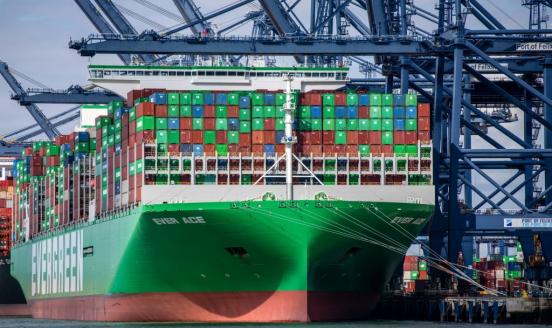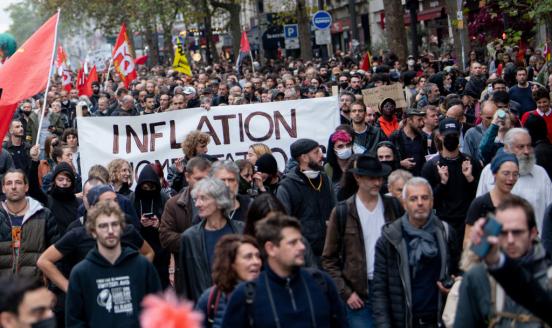The low productivity of European firms: how can policies enhance the allocation of resources?
Economists take total factor productivity (TFP) as one of the most informative indicators of the state of a country's economy.

This Working Paper is an output from the MICROPROD project, which received funding from the European Union’s Horizon 2020 research and innovation programme under grant agreement no. 822390.
This paper summarises the most important policy lessons from the research undertaken in the MICROPROD project, work package 4, related to the allocation of the factors of production, with a special focus on the weak dynamism of European small and medium-sized enterprises (SMEs).
In particular, MICROPROD work package 4 investigated the impact of labour market institutions and skill shortages on firm dynamism, and which types of (foreign) competition are conducive for total factor productivity (TFP) maximizing factor allocation.
The papers of this work package also explored the side effects of unconventional monetary policy and of forbearance in bank restructuring for the survival of ‘zombie’ firms, and for employment growth and the TFP of new SMEs.
Recommended citation
Claeys, G., M. Le Mouel and G. Sgaravatti (2022) ‘The low productivity of European firms: how can policies enhance the allocation of resources?’, Working Paper 06/2022, Bruegel



